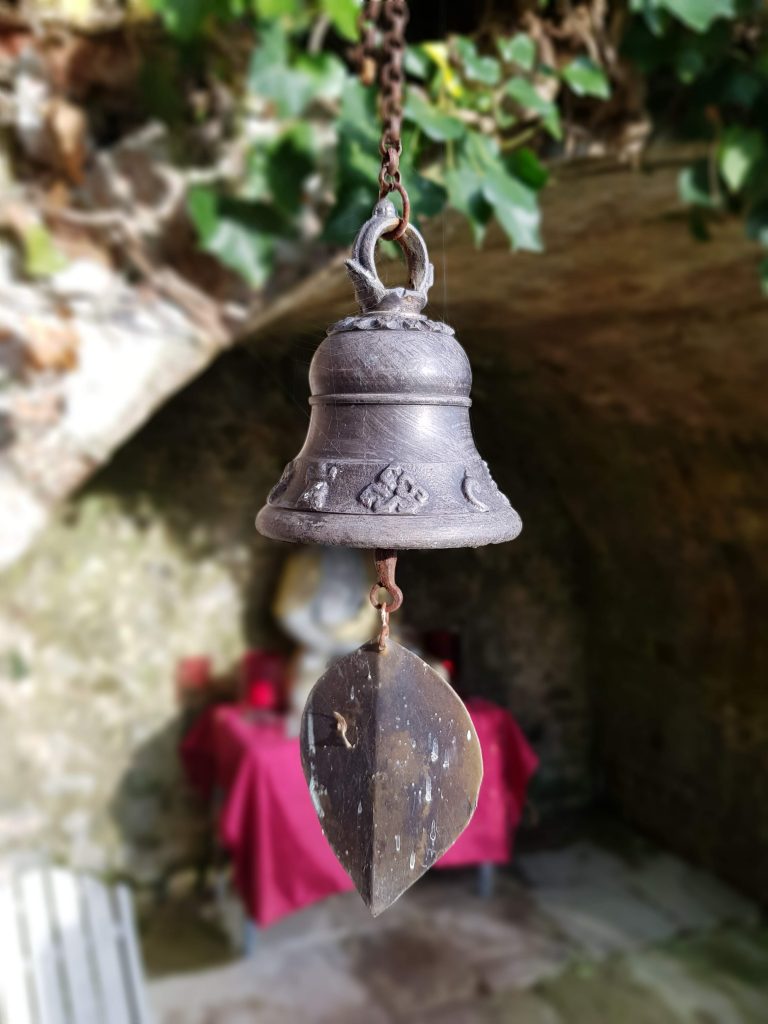
The face that looks back at me from the mirror this morning is not the same as the face that looked back yesterday, and is definitely more lined than the face that looked back at me from the mirror a year ago.
If you hang around in Buddhist or Taoist circles long enough you will probably hear some talk of groundlessness. What does this mean? I think it’s an attempt to point out that everything is provisional.
The COVID -19 pandemic has offered lessons in groundlessness for me. From the closeness of death as friends of friends get seriously ill, to supporting friends on the front line, to noticing my own instability when I can no longer do the small things I used to rely on like having lunch at Be The Change in Worcester, or meeting friends in person.
In this world there is no firm ground on which to stand.
When we practice deeply with groundlessness we discover that as well as the impermanent, troubled nature of this world there is also a great unconditional love that we can rely on. This is the love of the Buddhas (and as Pure Land Buddhists, particularly of Amida Buddha).
A couple of weeks ago a friend asked me how I was doing and I replied ‘untethered.’ I was reflecting on leaving the Amida Order and on how much of my life I had made sense of through that window, on how many of the choices I made were conditioned by my being a Buddhist priest in that organisation, and of how deeply I used that role to define myself.
Through that time of being untethered I caught myself imagining various different futures and roles I might inhabit. Would it look like this? Or would it look like that? Part of this process was a genuine seeking of the right choice, but much of it was an impulse to become tethered again: to land in something more certain and stable. Human beings can manage some uncertainty but we all have a limit.
When the trustees accepted the change of name of the temple I felt a distinct sense of relief. I was suddenly tethered again (more or less). ‘Here is a project I can get behind’ I thought, ‘and more than that, here is an organising principle: a way of thinking about myself that makes sense again.’
When I first heard of groundlessness I thought that Buddhist practice would free me from needing worldly identities and ways of making sense of myself. Perhaps that it is true for cosmic Buddhas, but is not true for me yet. I need the lightness that practicing with groundlessness beings, and the solidity of worldly identities (even if they are inevitability temporary)
I also thought that if dwelt in groundlessness I would be protected from the troubles of the world. Now I understand the deep wisdom of being connected to both.
By our nature as embodied beings living in this world we are rooted in provisionality, in change and in grief. By our nature as spiritual beings we are held in great love. When we deeply know our connection to both, compassion springs forth.

Leave a Reply